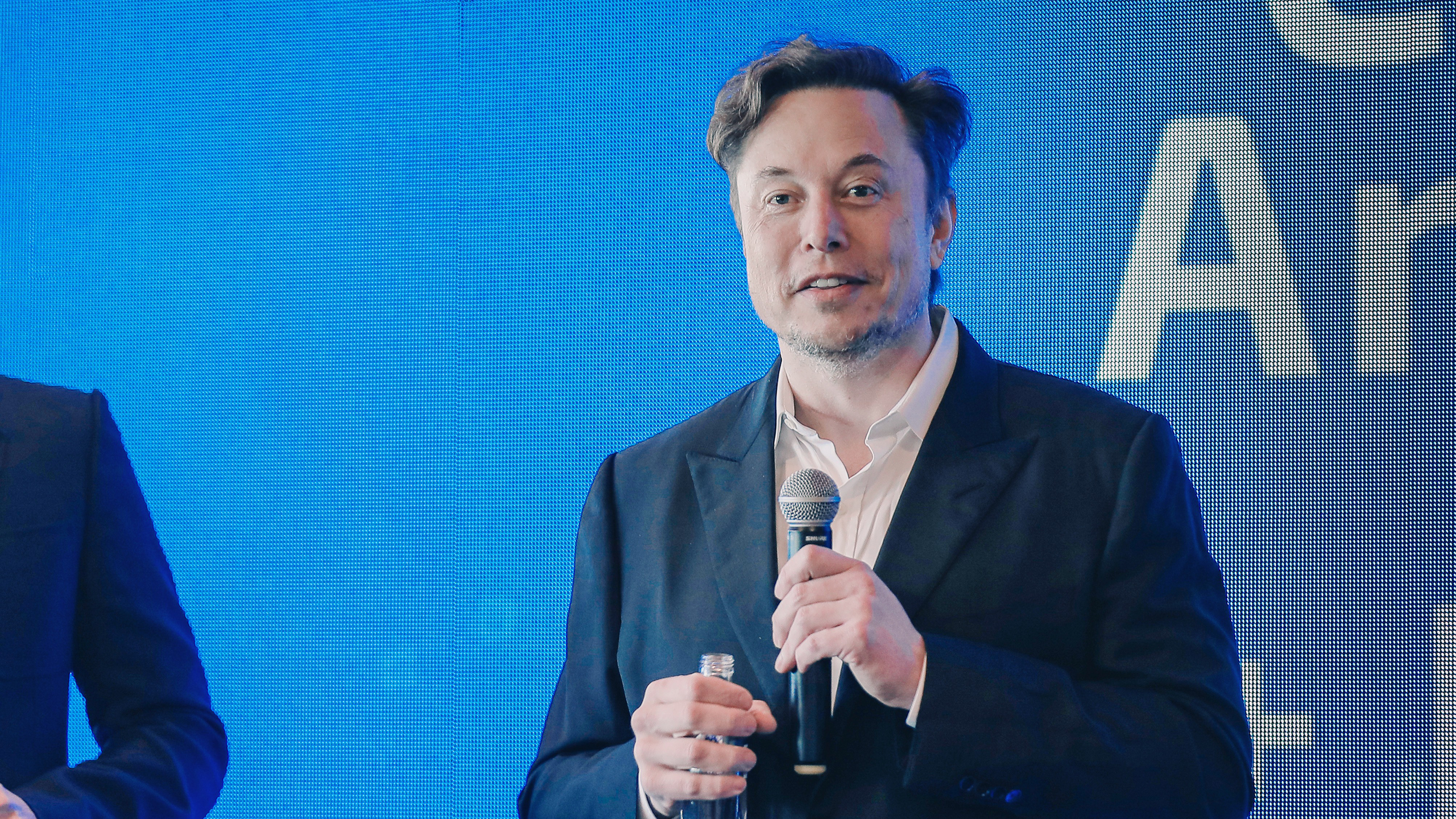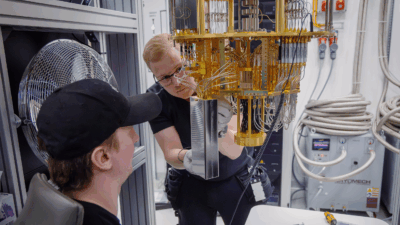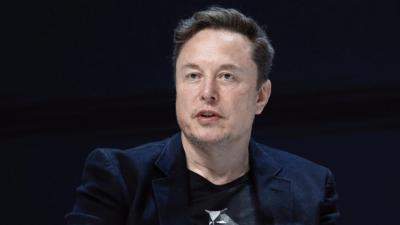The Ever-Trickier Geopolitics of Being Elon Musk
Elon Musk’s fight with Brazil has highlighted how his interlocking array of companies can put him in a difficult geopolitical spot.
Sign up for smart news, insights, and analysis on the biggest financial stories of the day.
If he weren’t mixing geopolitics with business, he wouldn’t be Elon Musk.
The world’s richest man has been engaged in an intense fight with a Brazilian supreme court judge, who ordered that X (née Twitter) be banned in the country. The fight with Brazil has highlighted how Musk’s interlocking array of companies can put him in a difficult geopolitical spot, as it spilled over into his satellite internet company Starlink. As Musk’s affiliation with the Trump campaign grows deeper, that political complexity could get more and more difficult to navigate.
Man of the World
For all his bluster, Musk is fairly selective when it comes to picking fights. He has railed against Brazil’s ban on X, saying that it constitutes gross state overreach and a suppression of freedom of speech. There are arguments to support that point of view, but Musk has been conspicuously demure about China’s ongoing ban on the platform, and has dutifully complied with censorship requests from Turkey and India.
This tells you a little something about Musk’s political positioning — and a lot about how vital China is to the success of Tesla. Musk achieved an extraordinary coup this year by getting China to let him roll out Tesla’s driver-assistance software in the country, which will reportedly come next year. But as Musk aligns more closely with with Donald Trump, the rapport he’s worked so hard to establish in the Middle Kingdom could come under threat:
- Trump announced last week that, if elected president again, he would create a “government efficiency commission” and said Musk had agreed to lead it. Musk has been at the heart of a Trump government before (he sat on two advisory councils), but he publicly resigned in response to the former president’s decision to withdraw the US from the Paris Agreement on climate change.
- Sitting close to Trump, whose administration got into a trade war with China, could position him far less favorably when dealing with the government there. Tesla is already facing stiff competition in the Chinese EV market from rivals that benefit from huge state subsidies.
In a Pickle: Last week, X lost a significant member of its geopolitical firefighting team. Nick Pickles, the company’s vice president of global affairs, left the company after 10 years. Pickles, who said his departure had been in the works for a few months, was promoted to his most recent role in June.












